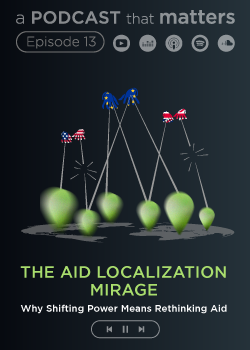Print

House Poetics. An 'assemblage' approach to the production and transmission of value in Bronze Age Crete: HousePoetics
Details
Locations:Belgium
Start Date:Oct 1, 2017
End Date:Sep 30, 2019
Contract value: EUR 172,800
Sectors: Culture, Mapping & Cadastre
Description
Programme(s): H2020-EU.1.3.2. - Nurturing excellence by means of cross-border and cross-sector mobility
Topic(s): MSCA-IF-2016 - Individual Fellowships
Call for proposal: H2020-MSCA-IF-2016
Funding Scheme: MSCA-IF-EF-ST - Standard EF
Grant agreement ID: 752179
Objective
The Project explores the fundamental social question of the creation of value, by investigating House Societies in Bronze Age Crete (3100-1200 BC). Houses are understood as intergenerational, locus-bound social groups, holding an estate of material and symbolic wealth, transmitted along a real or imaginary line, legitimized by kinship or affinity, or both. Because of their distinct focus on the creation and transmission of value, Houses are an ideal framework for answering this research question, but their longevity makes it difficult to explain change. By fusing Houses with the philosophical and sociological premises of Assemblage theory, which argues that social entities are not fixed but constituted by relationships between humans, non-humans and materials that can territorialize and deterritorialize value, the project creates a new social ontology which perceives Houses in a constant state of becoming, continuously affecting and being affected by the changing social world they inhabit. The methodological advantage of this interdisciplinary model, combining philosophical, sociological, archaeological and scientific perspectives, will be demonstrated empirically through the integrated use of GIS spatial analysis and material culture analysis, in a series of case studies (selected on the basis of availability of good contextual information for primary data and a large corpus of published evidence) targeting three strategic scales of House formation and interaction: a single site (Petras), its regional context (East Crete) and their broader geopolitical networks (the Aegean and the East Mediterranean). Using GIS to explore Houses as Assemblages will offer an original integration of spatial, material and social scales, which can revitalize our understanding of past societies and transform the study of social relations in general.

